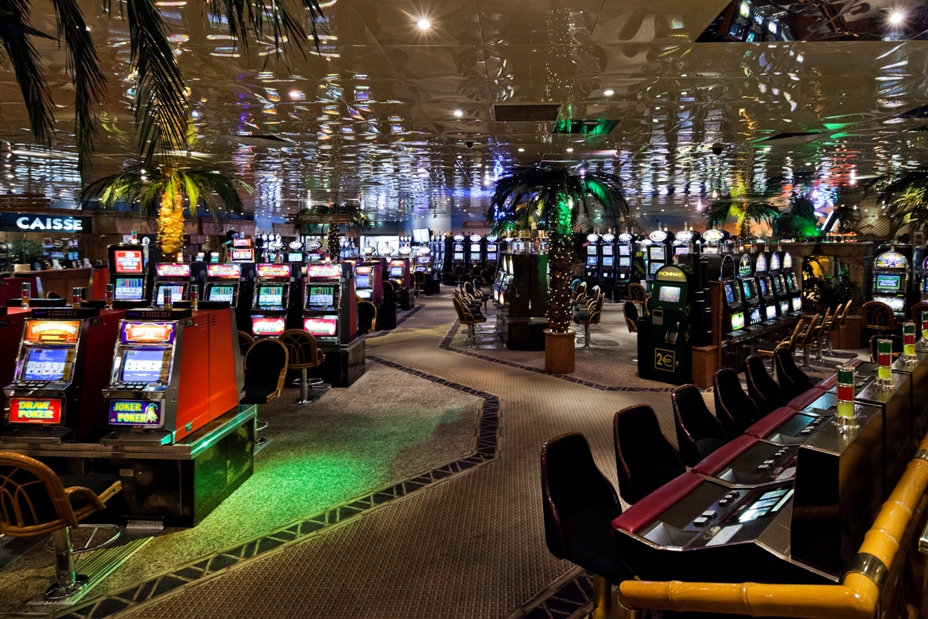
The world of casino games has experienced a remarkable transformation in past years, propelled by technological progress and shifting player tastes. As an increasing number of gamers turn to online platforms for entertainment, conventional casino games are being increasingly adapted to meet the demands of a technology-oriented audience. This transition not only involves the transition from physical to virtual spaces but also covers the evolution of gameplay systems and player interaction strategies.
In this new digital age, video game creators are leveraging innovative technologies to develop engaging environments that resonate with a varied spectrum of players. From online slot games with stunning visuals to interactive table games that replicate the feel of a real-life gambling hall, the modification process is redefining how we view and experience gambling games. As we explore this captivating process, it is clear that the prospect of gaming lies in the smooth integration of cutting-edge technology with the timeless appeal of luck and strategy.
A Evolution of Casino Games
Gambling games have experienced significant transformations throughout the years, showing shifts in tech, society, and player tastes. In ancient times, simple games of luck were enjoyed using rudimentary materials such as rocks and bones. As societies progressed, so did the sophistication of these games. The introduction of playing cards in the Middle Ages marked a key moment, culminating to the creation of well-known titles like poker and blackjack, which are continuously enjoyed in the present. Over the centuries, the physical layout of casinos has also transformed, shifting from tiny local locations to expansive, elaborate establishments.
The twentieth century ushered a revolution in the realm of casino entertainment with the advent of electronic gaming. Slot machines emerged as a favored attraction, fascinating players with their vibrant lights and audio effects. This era also saw the growth of casino resorts, which integrated luxury accommodations with a diverse array of casino options. The introduction of video games further broadened the field, allowing for more intricate designs and gaming mechanics. These developments not only attracted a wider audience but also changed the way casino entertainment were experienced.
With the rise of the internet in the final 90s and early 2000s, gambling entertainment moved into a new online phase. Virtual casinos appeared, providing participants with the ease of playing from their homes. This shift required gaming developers to reconsider traditional designs and modify them for an interactive digital environment. Currently, advancements in tech, including smartphone gaming and virtual reality, continue to shape the evolution of gambling games, creating immersive experiences that engage gamblers like never before.
Main Highlights of Online Casino Games
Digital casino games have revolutionized the way participants engage with the gambling experience by offering captivating experiences that replicate the excitement of physical casinos. One of the most significant features is the use of top-notch graphics and animations, creating a aesthetically appealing environment. Developers focus on offering lifelike themes and compelling storylines that entice players into the game, enhancing their overall experience. The ability to offer 3D visuals and spectacular sound effects means that players can enjoy a dynamic atmosphere akin to what they would find on a casino floor.
Another important aspect of virtual casino experiences is the accessibility they offer to gamers globally. Web-based services enable individuals to play their preferred games from the comfort of their own abodes or on the go through smartphones and tablets. This flexibility is accompanied by a diverse selection of gaming choices, including slots, card games, and live casino games. Players no longer need to drive to a casino to enjoy their preferred betting experiences, allowing a wider audience to engage with casino games.
Lastly, online casino games frequently include cutting-edge features such as immersive play and social interactions. Many games now allow players to challenge one another against one another, participate in tournaments, or even post their accomplishments on social media. This transformation encourages a community spirit among players while fostering positive competition. Additionally, features like personalized avatars and in-game chat options boost social interaction, making the digital gaming experience even more enjoyable for all users.
The Future of Digital Gaming
As technology advances, the landscape of online gaming is set for significant evolution. Virtual and augmented reality are making waves, offering players an immersive experience that mirrors the atmosphere of being in a real-life casino. These advancements create opportunities for game designers to introduce unique game formats and engagement tools, reshaping how players engage with their preferred casino games.
Additionally, the integration of artificial intelligence is enhancing user experiences and personalizing gameplay. AI can examine player behavior, recommend tailored game options, and improve customer support through chatbots. This personalization not only keeps players occupied but also helps build a dedicated community around particular casino platforms, setting them for success in a competitive market.
Finally, the rise of smartphone gaming is another vital factor shaping the future of online gaming. With an ever-increasing number of players playing casino games on their mobile devices, game designers are focusing on optimizing their platforms for mobile use. This change allows players to play casino games wherever they are, paving the way for a more flexible and user-friendly gaming environment that appeals to a broader audience.
kèo nhà cái hôm nay
